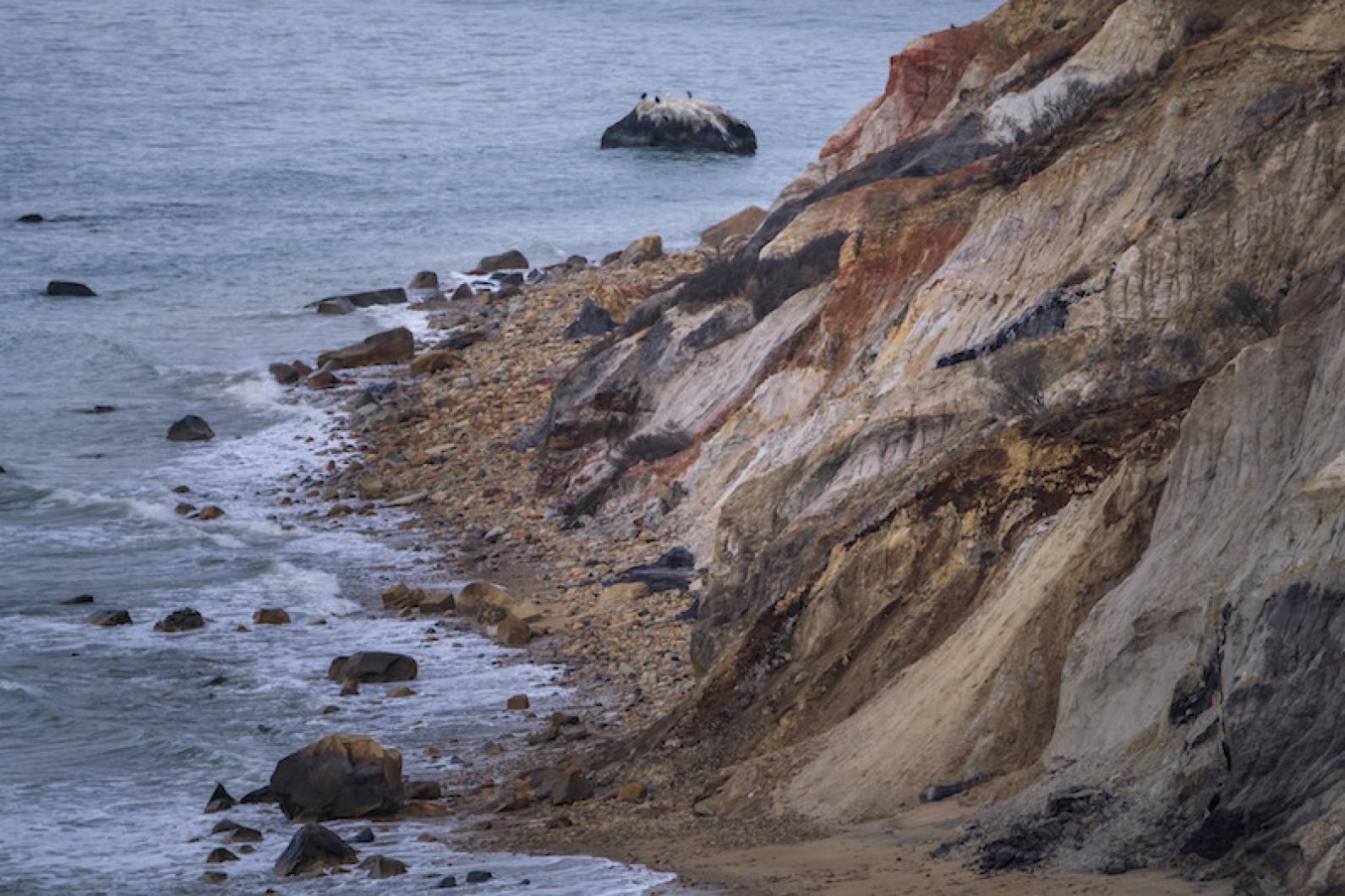Encumbered by hefty legal fees, the Martha’s Vineyard Commission approved a $1.7 million budget for the 2021 fiscal year at its meeting Thursday night, leading to a 12 per cent increase in town assessments for the upcoming year.
The fiscal year 2021 budget will go from $1.6 million to $1.78 million, an increase of about $155,000. Medical insurance premiums, pension payments and the need to recoup legal fees spent to prepare for potential litigation with the Wampanoag tribe over its planned gaming facility in Aquinnah are the main drivers of the increases.
The commission spent $78,091 on the tribe legal matter last year, although the two sides never met in court. The fees pushed total legal expenses to $94,142 for the 2020 fiscal year, causing a budget deficit.
“While the FY actual data reveals a deficit of $76,838, it results from the fact that the MVC had higher than expected legal costs associated with the Aquinnah gaming facility,” a budget summary says.
The commission is a state-chartered regional planning agency charged with protecting the land, water and unique cultural and historic resources of Martha’s Vineyard. It has unique powers to review development projects and establish special overlay planning districts on the Island. Its funding comes from grants and assessments paid by the six towns.
Last spring, the up-Island towns of Aquinnah and Chilmark referred the proposed 10,000-square-foot Wampanoag bingo hall to the commission for review after the tribe cleared four acres of land off Black Brook Road in Aquinnah. The tribe refused to participate in the process. In a first, the commission reviewed the project as a development of regional impact with no applicant present, ultimately denying it on the grounds that there was not enough information to approve it.
Construction on the project was later halted after a U.S. District Court judge said the tribe needed local and state building permits. The town and an Aquinnah taxpayer group are also involved in the litigation, which is now on appeal to a higher court for a second time.
This past September, MVC executive director Adam Turner asked commissioners to approve a $125,000 line of credit to help cover the legal fees. Although a few commissioners bristled at the high legal expenditures, they voted to approve the measure. For the coming fiscal year, the commission has added an $80,000 line item to the budget specifically for recouping the legal expenses associated with the gaming facility. Other legal fees are budgeted at $40,000 — only about $16,000 of which was spent in FY 2020.
Last year the commission obtained $525,000 in grants for projects that include wastewater prevention, nitrogen remediation, housing production and the installation of automated traffic counters. Expenses for post-employment benefits also increased because the commission added one retiree with a dependent child.
With the budget approved, assessments will now go to the towns for approval at their respective annual town meetings in April and May.







Comments (10)
Comments
Comment policy »